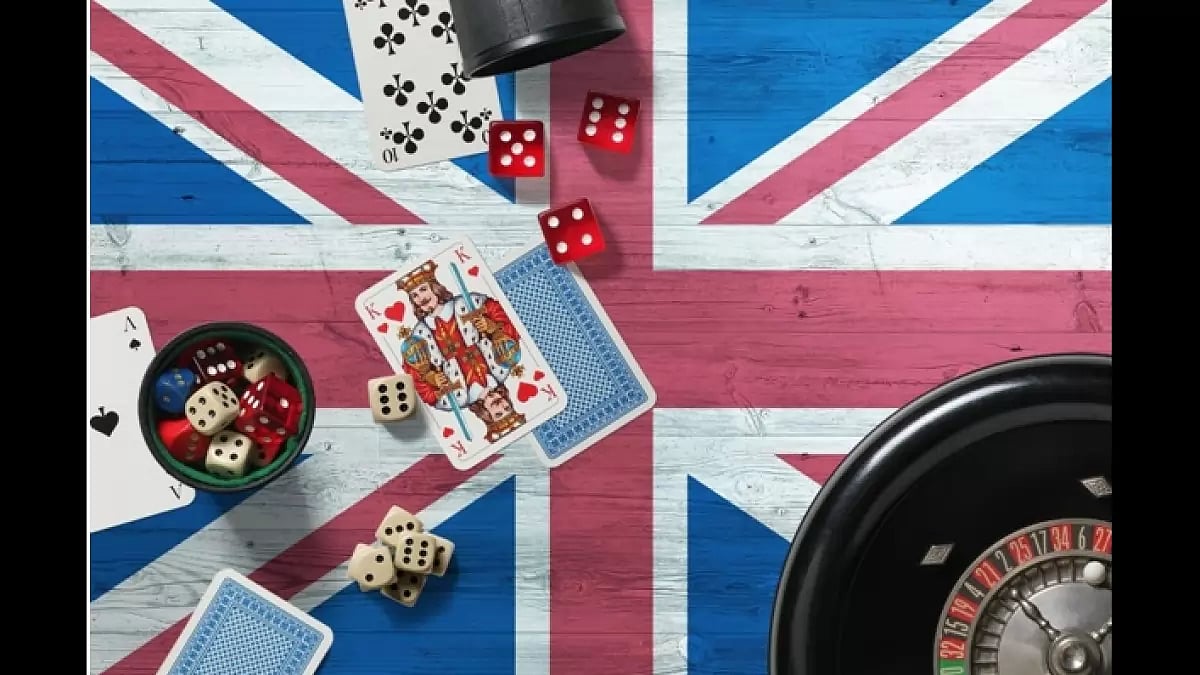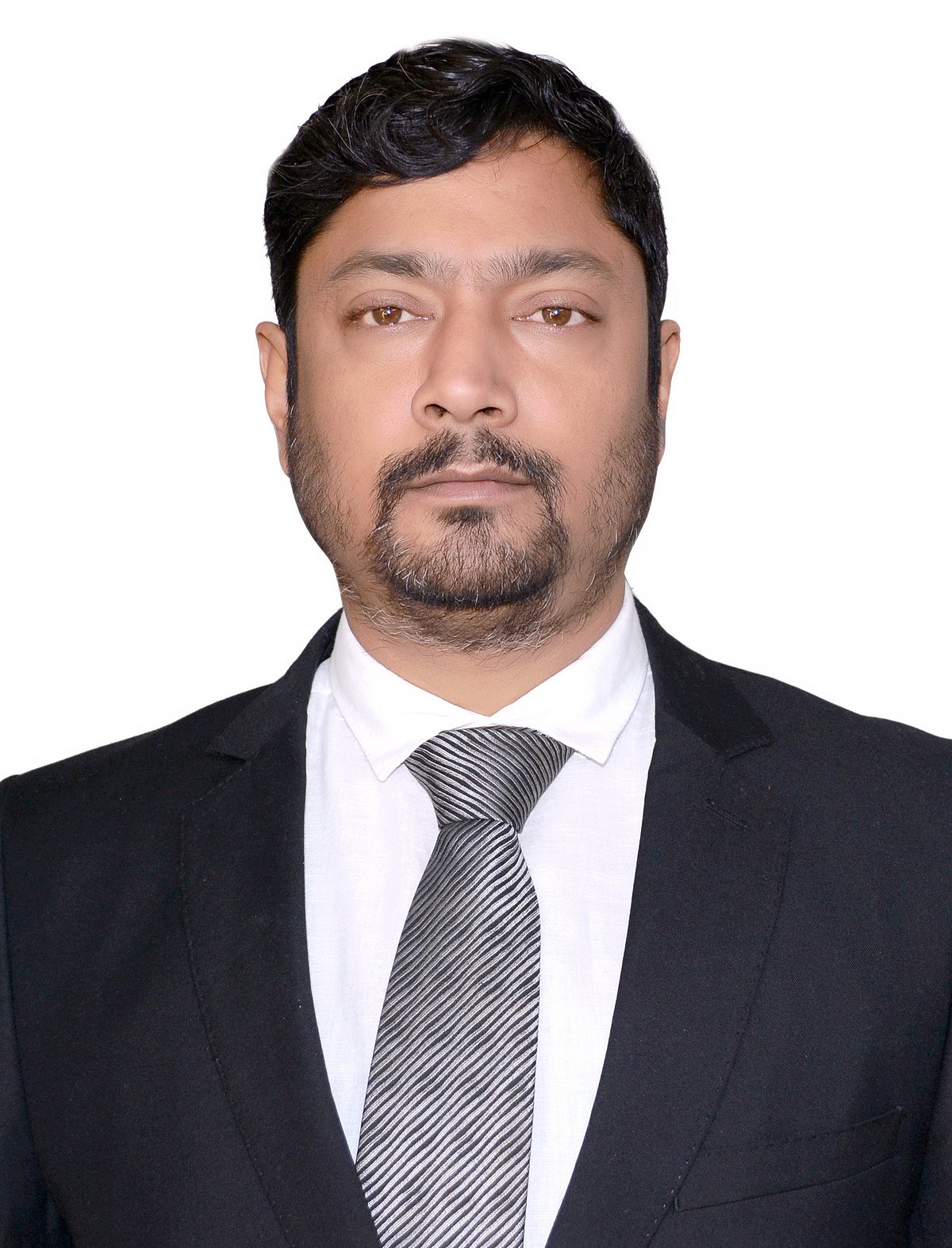Outlook Lens
Politicians visiting Madhya Pradesh are making big promises to the people, but for the Adivasis, it’s still about Jal, Jungle, Jameen
Advertisement
Latest
Advertisement
After the murder of a 23-year-old college student in Karnataka, the Congress government has dismissed the BJP's charge of the case being "love jihad".
Advertisement
The first phase of Lok Sabha Elections 2024 covering a total of 102 constituencies across 21 states and Union Territories (UTs) ended with a turnout of 60 per cent. The highest voter turnout was recorded in Tripura at 80.14 per cent followed by West Bengal at 77.57 percent, with Bihar witnessing the lowest turnout at 47.93 percent according to the final data released by the Election Commission of India at 7 PM.
The Iranian Embassy in Paris was cordoned off after a man entered the building with a bunch of explosives and threatened to blow himself up.
Magazine
Magazine Home
This issue of Outlook looks at the genre of nationalist and propaganda cinema in the Indian context, and also continues with the exploration of the ideology question when it comes to national parties
There have been concerted attempts to portray JNU in a certain way. The film JNU: Jahangir National University is just another product of the same propaganda machinery
A recent spate of Hindi films distorts facts and creates imaginary villains. Century-old propaganda cinema has always relied on this tactic
At a time when Bollywood is churning out propagandist narratives, south cinema, too, has stories to tell
Cinema’s real potency to harness the power of enchantment might want to militate against its use as a servile, conformist propaganda vehicle
Representation of Muslim characters in Indian cinema has been limited—they are either terrorists or glorified individuals who have no substance other than fixed ideas of patriotism
In south India, films have always been a vehicle to ride into politics
Previously portrayed as a peaceful paradise, post-1990s Kashmir in Bollywood has become politicised
While the trailer of 'The Kerala Story' claimed that 32,000 women from Kerala had undergone conversion and joined the IS, Nazeer Hussain’s offer was open-ended
Public opinion will never be devoid of ideology; but we shall destroy ourselves without philosophical courage
In the upcoming election, more than the Congress, the future of the Gandhi family is at stake
The idealogy of Hindutva faces a challenge in staying relevant
A seemingly harmless decision in 1979 ended up reshaping Indian politics. The biggest beneficiary was the BJP
Amar Singh Chamkila may be celebrated, but many of his songs are blatantly sexist
Hindutva pop stars are employing hyperbole and dog-whistling to ensure Modi gets a third term
Paul Murray’s The Bee Sting is a tender and extravagant sketch of apocalypse
Singing revolutionary songs was nothing new for us. However, going viral was definitely something new.
Previous Issue
Advertisement
Uttar Pradesh elections: Bhim Army and Aazad Samaj Party chief Chandrashekhar Azad, the renegade new face of Dalit assertion, is taking on the BSP, BJP and SP in Nagina this year in what appears to be a battle for the future of Dalit-Bahujan political leadership in West UP.
Lok Sabha Elections 2024: How Modi’s Guarantee Differs From Congress’ Nyay Patra
Showing once again why he remains one of the most feared finishers in the game, Dhoni dazzled the Ekana crowd with an innings which included two sixes and three fours
Dibakar Banerjee revealed the reason behind casting fresh talents in 'Love Sex Aur Dhokha 2', his Netflix film, 'Tees' getting shelved, how it affected him and a lot more.
After Raj Kundra's name was brought up in an alleged money laundering case, the businessman has taken to his Instagram to share cryptic notes. Take a look at his Instagram Stories inside.
Ankita Lokhande revealed that Sushant Singh Rajput's family is still 'going through a lot' after his demise. The actor passed away in June 2020.
Salman Khan has left Mumbai for the first time after firing outside his home. He was clicked at the airport.
From serene nature walks and cultural immersions to wellness retreats and spiritual journeys, Bhutan invites visitors of all ages to embrace the beauty of slow exploration and meaningful engagement
Lost In Time: Unveiling The Ancient Barabar Caves Near Bodh Gaya





















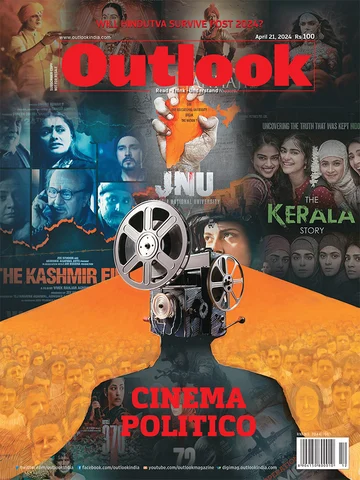

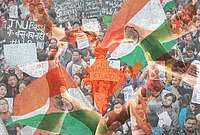
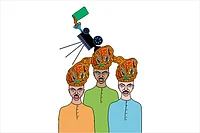
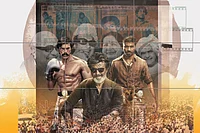
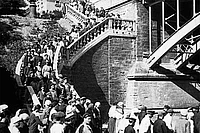



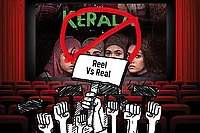

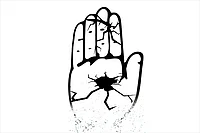
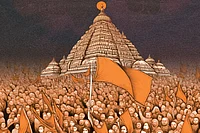
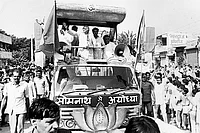
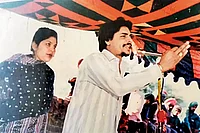
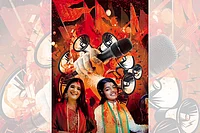

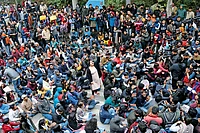

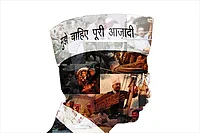
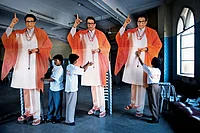
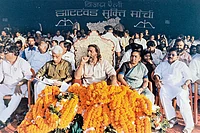







































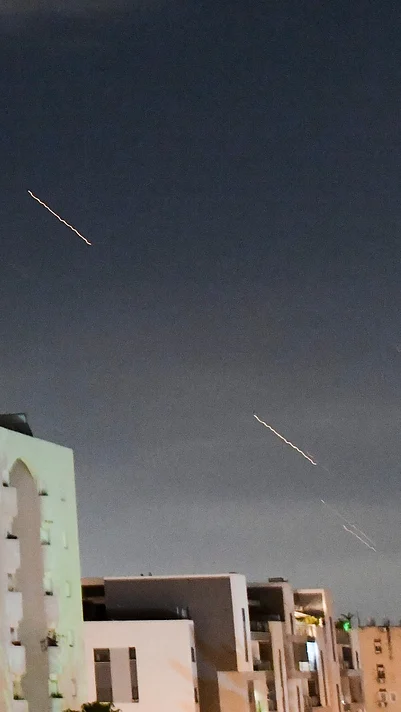
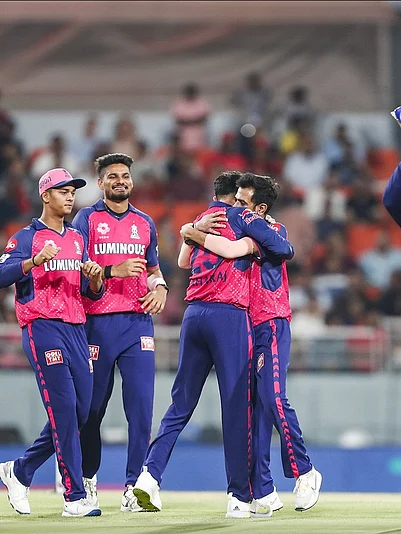
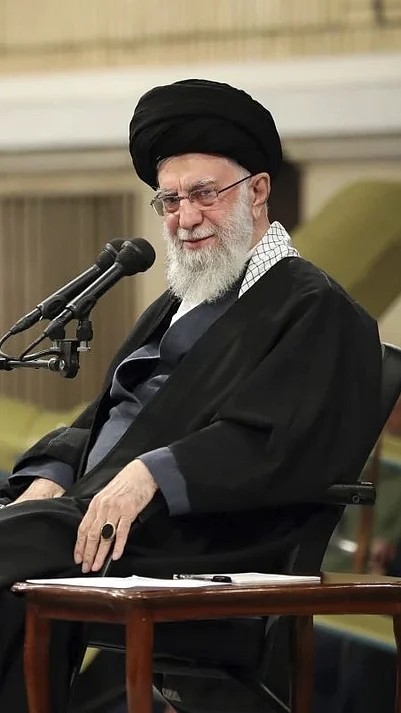

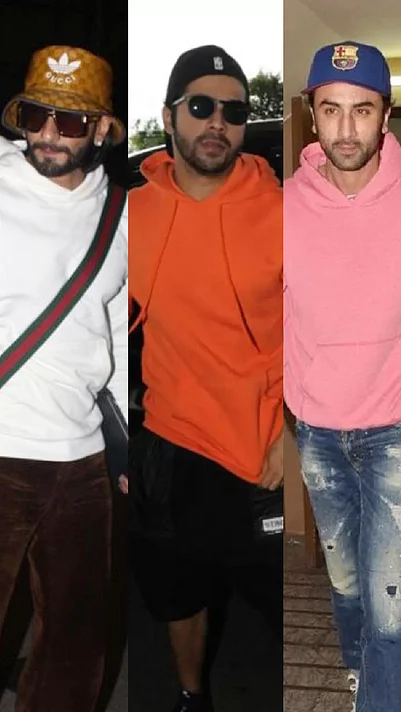
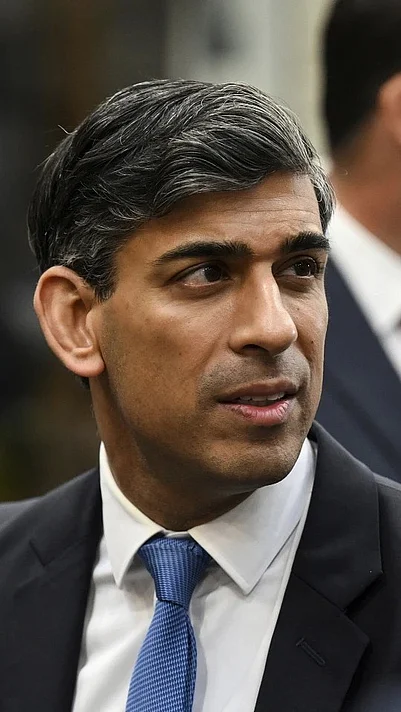
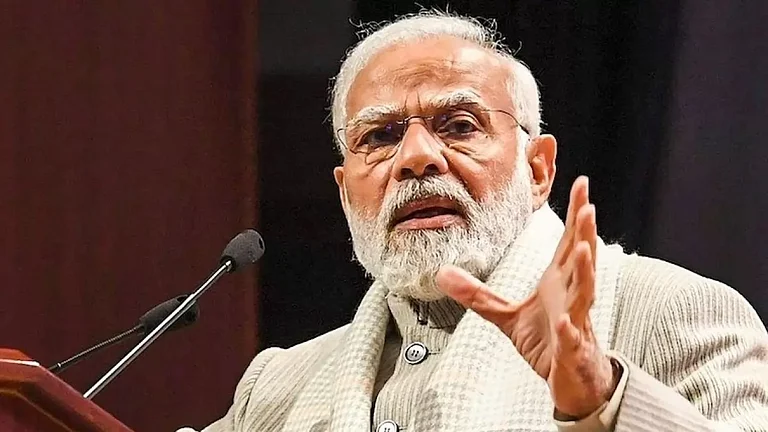



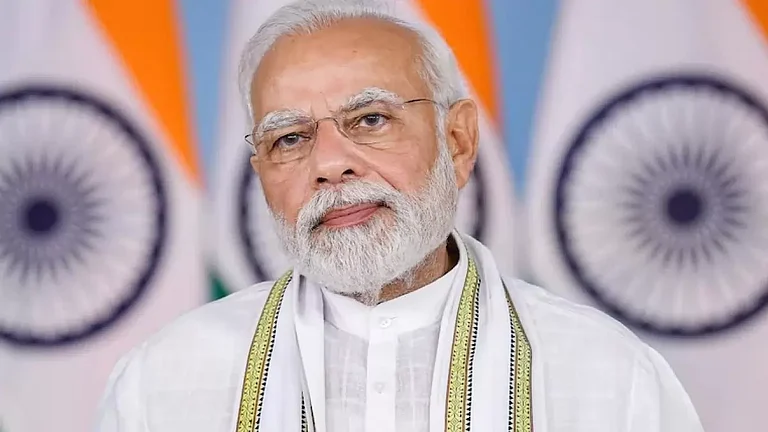


























































![롤 토토 사이트 추천 [ TOP 3 ]](https://media.assettype.com/outlookindia/2024-04/29f881db-0a98-472e-9537-587d11a6742e/1.jpg)











